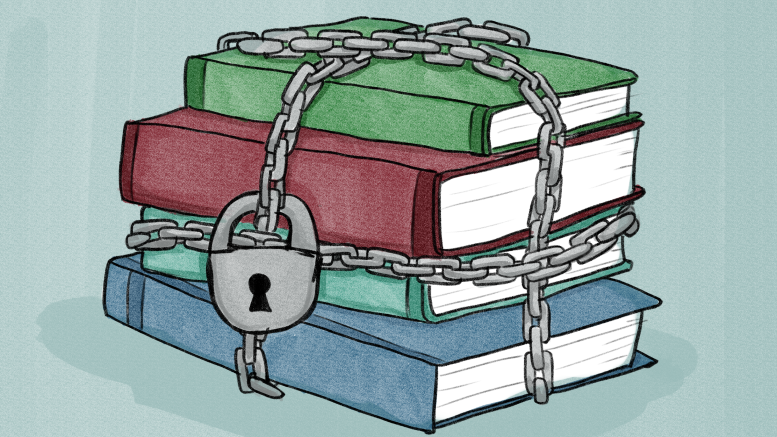There are many things I could say about the act of banning books in classrooms and libraries and making them
inaccessible in book stores. The act of banning books, in my opinion, is a way to limit knowledge.
Books like The Handmaid’s Tale by Margaret Atwood challenge government authority and depict a dystopian
world that one could say reality is getting very close to at the moment.
The banning of books is a destruction of literature that is odious and socially corrosive. The banning of a book
often indicates that it has been challenging authority. I’m not saying that all books are good, because not all
are, but if we start banning books, where does the banning end?
With the banning of books comes the silencing of knowledge. This directly reflects what is happening in Alberta
right now, with more than 200 books to be yanked off library shelves, after the conservative government has
demanded the removal of books they have deemed to have “explicit sexual content.”
The question is, who should get to decide what books get banned? You could ask a magnitude of people what
books they think should be removed from classrooms, and almost every single answer would most likely be
different.
Despite the Alberta conservative government’s plan to ban certain books, the banning of books that referenced
explicit sexual descriptions has now been reduced to only removing books with explicit sexual images.
Of the original 226 books that Alberta’s government tried to remove from library shelves, the titles consisted of
books such as The Handmaid’s Tale, The Colour Purple and I Know Why the Caged Bird Sings.
Sayantani DasGupta at Columbia University said the time to have radical literature is now. “If humans are to
deal, as a collective, with everything from religious bigotry to racial injustice to environmental disaster, our
future leaders, teachers, artists and politicians need to imagine radical possibilities for the world. They will need
to enact a radical empathy, a radical love toward those both like and unlike themselves,” said DasGupta.
Now is the time to encourage radical literature in classrooms, not ban it. The need to have diverse literature is
key to understanding one another, even if we may not on every political standpoint. Books allow us to follow
our imagination to create new worlds in our heads — to ban them is an assault on imagination and knowledge.
Banning books is to reduce knowledge
Is your favourite book on a banned list?

